by Nikki Schwartz
Are you a Transformational or Transactional Parent?Transactional leaders, according to the leadership theory, tend to focus on setting goals, offering rewards, establishing punishments, consequences, dealing with present situations. They are reactionary and surprised by crisis. Transformational leaders seek to inspire others, to challenge them to learn more, and to find ways to help them enjoy the process. They use "transactions" when necessary, for example, they pay their employees for working; however, transactions take second place to who people are and what is important to them. As parents, (and bosses, too!) it is so easy to focus on transactions. Do your chores, and you can go out and play. Finish your homework and you can watch TV. Argue with Mom or Dad and you will lose video game privileges. Don't get me wrong, it's important to set boundaries and consequences, but they make a weak backbone for parenting. Transformational parenting, like transformational leadership, is harder. It takes having purpose and vision for your children. It means being deliberate, not perfect. It means admitting your mistakes and apologizing. It means being proactive about parenting. It means trying to understand who you children are and what excites them. Because, what excites them is what will motivate them. Nikki, I've tried that already...Ok, Nikki, the only thing my kids are excited about is video and computer games. I've already tried that. Fail. Right. You've tried on a transactional level. You've tried rewarding them by offering video games or punishing by taking them away. But what about on a deeper level? Do you know why your kids are so intrigued by video games? Because they are challenging, they offer periodic rewards, and they are intense. How often is homework challenging, rewarding or intense? No wonder kids don't want to do it. So, apart from changing schools, homeschooling or blowing up your kid's teacher's email box, what can you do about it? Find ways to make it fun. If your kids like video games, try to incorporate technology. Use whatever technology you have available to teach the things they are trying to learn. There are iPad, iPhone, and Droid apps for every part of education and learning. Here is a link to reviews for some of the best apps that teach multiplication. Try educational websites on your home computer or at the local library. Do whatever you need to do to engage your kids so that learning is exciting. What does being a Transformational Parent look like?It starts with you. That's why I think this infographic is so amazing. Transformational Parenting is not about the child you are raising, as much as it is about yourself. It's about realizing that you are becoming the kind of parent you want to be right now... or you probably wouldn't be reading this post! :) I usually like lists and tips... but I'm hesitant to give one now, because I don't want to give you the impression that you "should" be doing all of these things right now. That you're only a "good" parent if you're doing all of these things all of the time. That's just not true. Use the infographic as a guidepost, thinking about the information in terms of parenting. Then use this list to help you focus your efforts as a parents. A list to help you evaluate if you are becoming the parent you want to be. Read it like that and tell the critical voice in your head to take a hike. (If that's hard for you, read this post on taking care of yourself as a parent.) Remember that you do need some transactional exchanges, so, don't be hard on yourself if you find you sometimes do things on that list as well. Many parents have additional challenges as well, whether that is raising a special needs child, or coming from an abusive background themselves, being a single parent, having a military spouse who is deployed, etc. Take these things into account, and cut yourself some slack, it's more important to be a parent that is growing toward "transformational" than a parent who is stuck in "transactional". Traits of a Transformational Parent
So, back to the quote from the beginning..."After so many years, you've tried so many things that you're just skeptical of the new miracle therapy." Yep, you've tried everything. I get it. You know what? I bet along the way you've probably picked up some good nuggets that have made you a better parent. My motto for working with parents is "Try everything, do what works." If I suggest something that doesn't fit with your child, your parenting approach, your household, see if you can tweak to fit you, instead of just throwing it out. Not everything people suggest to me works for my life either, but usually there is a way to filter it through my own way of seeing things and making it work for me. This proactive approach to parenting is about principles, not about giving you a to do list. What have you tried? What's worked? What hasn't? It would make my day if you left a comment.
This information applies to parenting both neurotypical children, as well as children with Autism, Asperger's, and ADHD. Many parents I work with find themselves constantly trying to put out fires and are always chasing behavior. Without some way to be proactive, you will always find yourself dealing with behaviors. (Click here for a larger version of the psychological needs infographic) I encourage parents to examine these needs and determine which ones are high for their child in general and then work at meeting those needs proactively. I'll be talking more about meeting these needs proactively in the future, but for now I'll summarize. Proactive parenting involves meeting psychological needs before they cause a conflict or a behavior problem. It is a more subtle approach to parenting and involves a bit more thought and planning. However, it is nearly always far more effective. Which needs seem to be strongest for your children? What proactive solutions have you tried? Let me know in the comment section. Make sure to check back for future posts on proactive parenting. I'll be sharing my experiences from my time in wilderness therapy, therapeutic foster care, play therapy, and family therapy. Disclaimer: LEGO® is a registered Trademark of the LEGO Group of companies which does not sponsor, authorize or endorse this site.
To introduce a new series, ADHD Tips for Parents, I'm sharing this new infographic for the first time. On the left are common ADHD behaviors that are not such great ways of coping with ADHD. On the right are some good options for parents to introduce as less annoying, less harmful alternatives. I would love to hear what solutions you've found to helpful for yourself or your kiddo with ADHD, let me know in the comment section. Check out the next post in the ADHD Tips for Parents on Fidgets. Up Next in the ADHD Tips for Parents Series:
|
Nikki Schwartz,
|
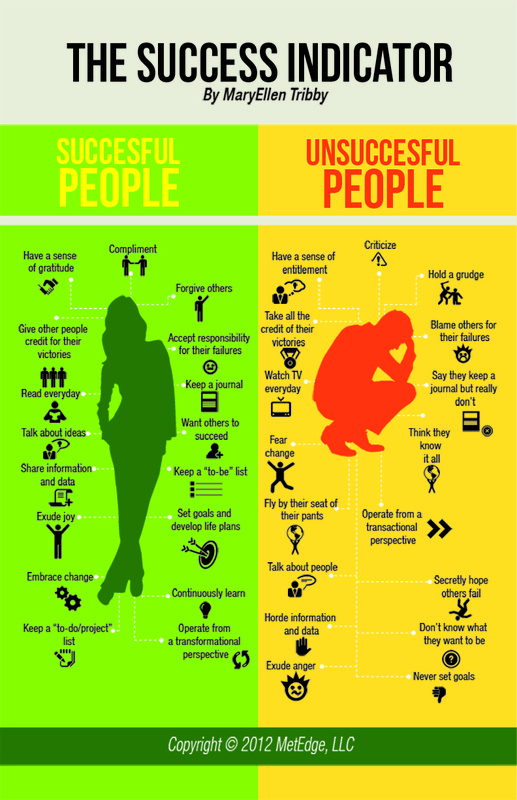



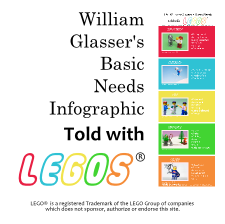





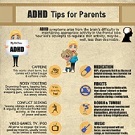
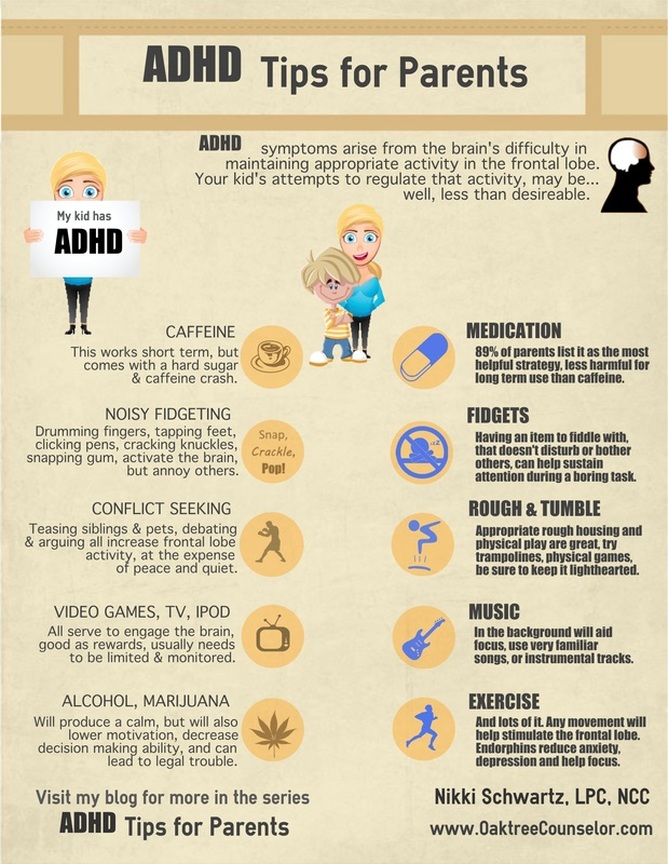
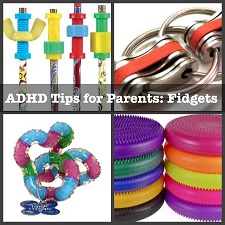

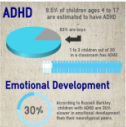

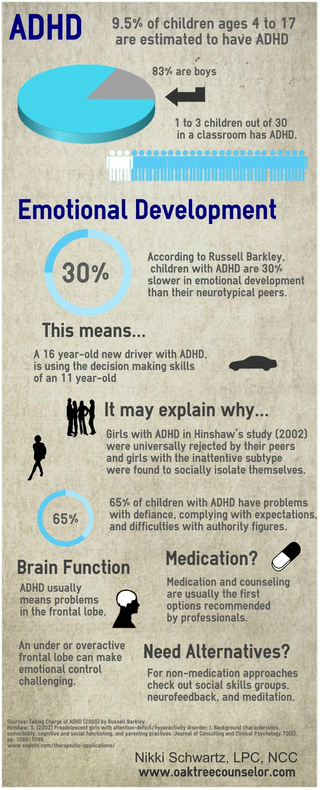

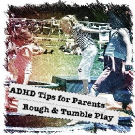


 RSS Feed
RSS Feed
